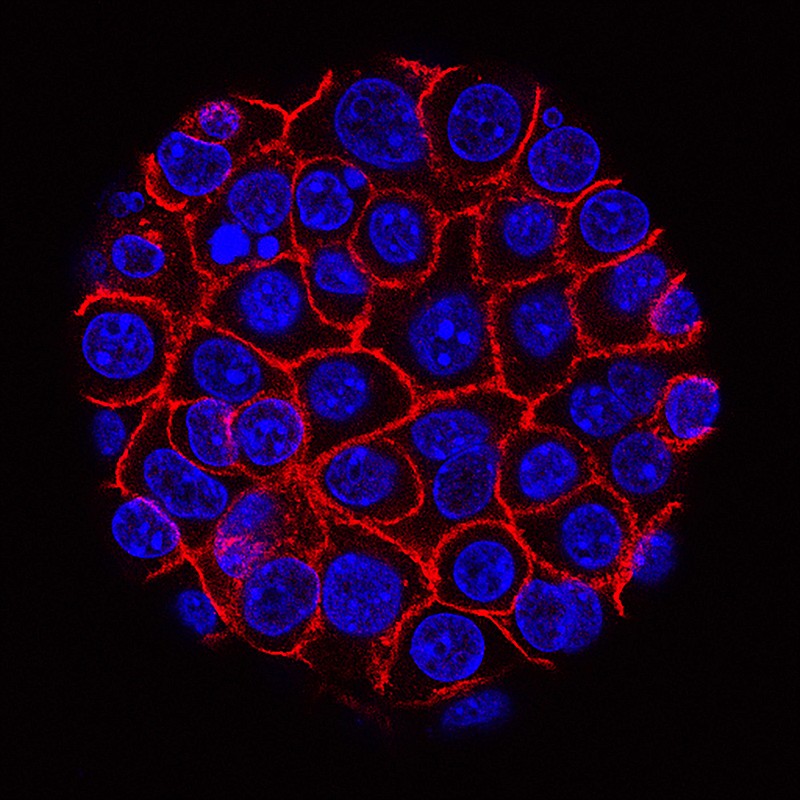CHICAGO - Patients with pancreatic cancer that hadn't spread lived substantially longer on a four-drug combo than on a single standard cancer drug, a rare advance for a tough-to-treat disease, researchers reported Monday.
The results indicate the powerful chemotherapy treatment known as folfirinox likely will become a standard of care for the minority of patients whose pancreatic cancer is diagnosed early enough to be removed by surgery, experts not involved in the study said.
After an average three years of follow- up, almost 40 percent of the folfirinox patients were disease-free compared with about 20 percent who had the standard drug, Gemzar. Overall, almost two-thirds of folfirinox patients were still alive compared with almost half of Gemzar patients, unexpectedly good results, said Dr. Thierry Conroy, the lead author and a cancer specialist at the Cancer Institute of Lorraine in Vandoeuvre-les-Nancy, France.
Results were presented Monday at an American Society of Clinical Oncology conference in Chicago.
Dr. Richard Schilsky, the group's chief medical officer, called the research an "immediately practice-changing study" and said it's the biggest advance for pancreatic cancer in 25 years.
Folfirinox already is standard treatment for patients whose pancreatic cancer has spread.
The outlook has been bleak for patients with pancreatic cancer, an uncommon disease for which there is no screening. Symptoms including fatigue, weight loss and abdomen pain often don't occur until late, after the disease has spread.
About 330,000 cases are diagnosed each year worldwide, including about 55,000 in the United States. About half are diagnosed after the disease has spread; most die within a year of diagnosis and only about 6 percent survive for five years.
About 15 percent of patients are candidates for surgery; generally their disease was detected early and has not spread widely beyond the pancreas.
The new results are "reassuring for a disease where unfortunately on average people only live several months rather than several years. This is a new standard of care for this illness," said Dr. Andrew Epstein, an expert at Memorial Sloan Kettering Cancer Center in New York.
